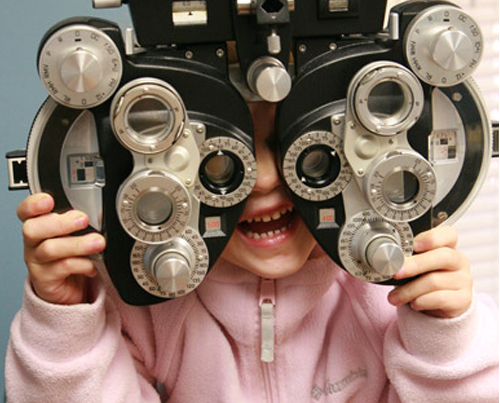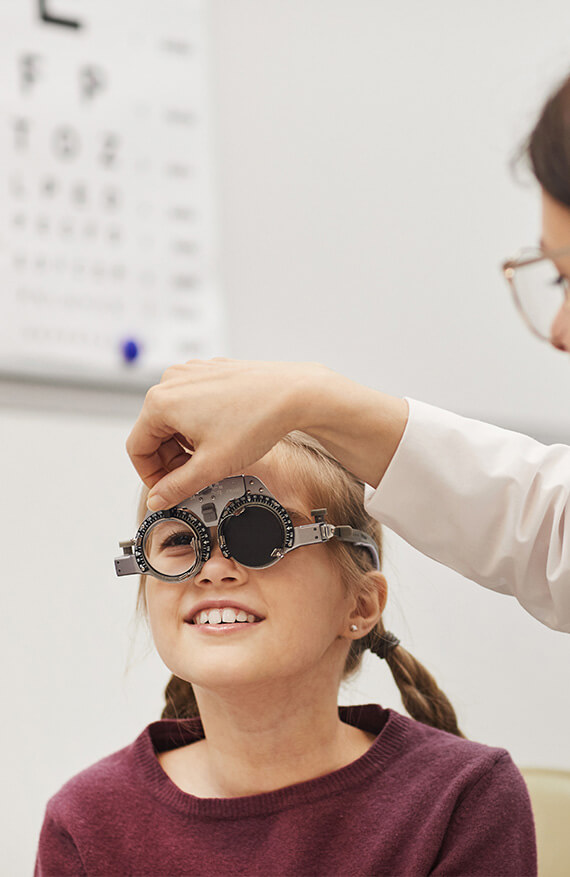Pediatric Eye Exams
at Lowcountry Eye Care
At Lowcountry Eye Care, we love working with kids and we have the expertise to treat them right! As many of us are parents ourselves, we know the how to connect with your little one and make their pediatric eye exam comfortable and engaging.

What Is a Pediatric Eye Exam?
A pediatric eye exam is a comprehensive check-up for your child’s eyes that provides a total evaluation of their vision, eye health, and development. We scan your child’s eye inside and out, checking for age-related conditions ranging from myopia (nearsightedness) to amblyopia (lazy eye).
Your child can receive their first pediatric eye exam for free at six months old from one of our InfantSEE® optometrists. After that, you should bring your child in for an eye exam at ages 3, 5, and then every two years after if no issues are detected, so we can monitor your child’s eyes for disease and vision changes.

Why Do Children Need Eye Exams?
Children’s eyes are constantly growing, so keeping an eye on their eye health is very important. In addition to uncomfortable symptoms that can get in the way of living life, eye issues hinder your child’s social and academic performance, so they may fall behind in development. To keep your child seeing clear, schedule regular pediatric eye exams!
Are eye exams with a general pediatrician enough?
Vision screenings at your child’s primary care doctor are helpful, but lack the specialization and dedicated equipment to thoroughly check your child’s eyes. As such, up to 60% of children with vision problems slip through the cracks. Our child-specific exams provide a complete picture of your child’s eye health and vision needs.
Does your child know what clear vision looks like?
A child struggling with a vision or eye condition often doesn’t know how to express that they’re having trouble, or know their experience is out of the ordinary! Many of the conditions we specifically seek out — such as strabismus (crossed eyes) and amblyopia (lazy eye) — have symptoms like rubbing the eyes, squinting, watery eyes, and headaches that may otherwise get attributed to other causes.

